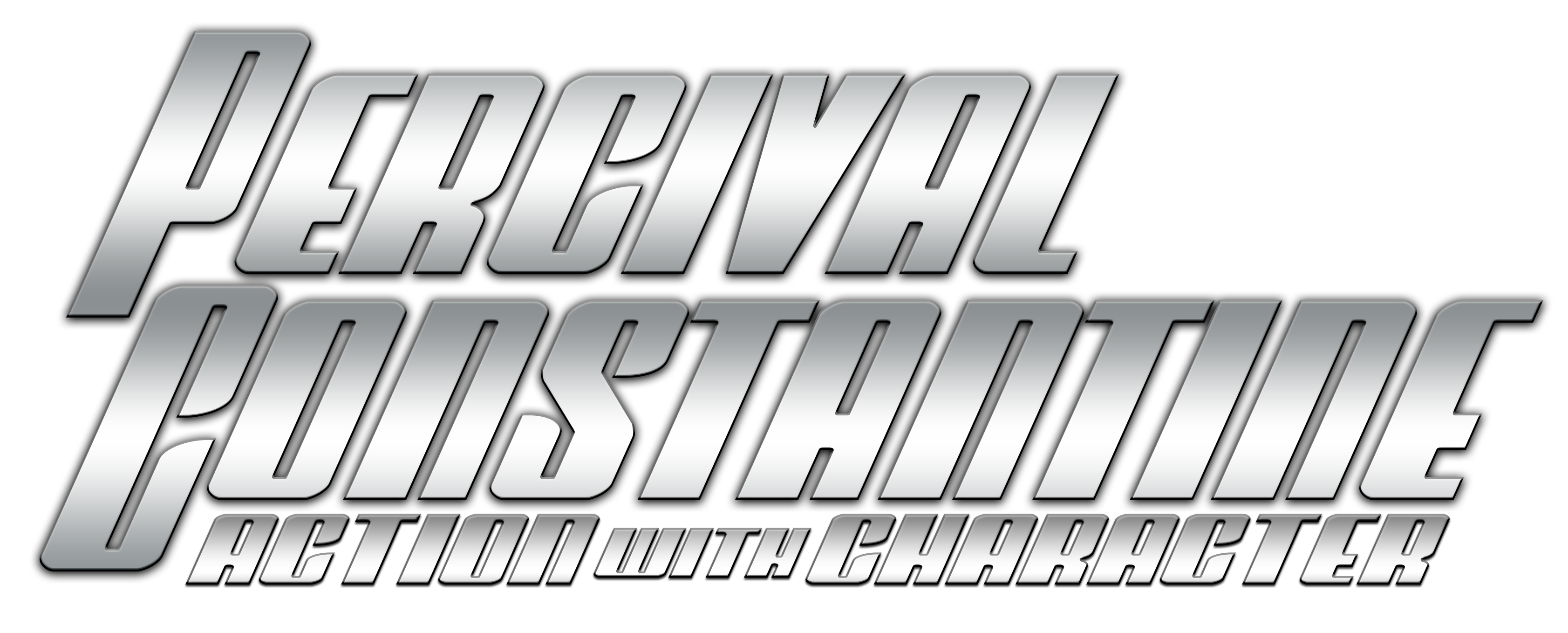 Answer the following questions:
Answer the following questions:
- When is the deadline for your current writing project?
- What is your next project going to be and when will it be due?
- When will your next book be published?
If you can’t rattle off the answers to these questions right away or if you don’t have the answers written down somewhere easily accessible, then we’ve got a problem.
As much as you might hate them, the truth is that we need deadlines. Humans love to procrastinate. If we don’t have regular deadlines, then we think of projects as being something for Future You to worry about.
Think back to when you were in school. Could be college, could be high school, whatever. Ever have a homework assignment given to you before a long weekend? When did you finish it? When you first got home? Or the night before school started up after the break?
If you’re like I was, you probably waited until the night before.
Now think back to school again. Did you ever have a big project that had frequent checkpoints that had to be met? What I mean is that the whole project was due at the end of the semester. But there were other aspects your teacher wanted you to turn in earlier. So maybe a few weeks into the semester, you had to have a thesis in mind for your teacher to approve. Then a few weeks after that, you had to have a list of sources to use. A few weeks after that, you needed an outline. A few weeks after that you had to show a rough draft. And so on.
Even though those multiple deadlines may have been annoying, I bet they made that project a lot easier than doing everything in the last week of the semester, didn’t they?
Writing isn’t any different. If you say, “I’ll write this book in three months,” then that sounds great. But three months is a long time. Very easy to procrastinate. It’s a lot harder to procrastinate when you say, “I have to write 2000 words every day.” Now that deadline is a lot closer.
And if you don’t have a release schedule for your books, then you need to sit down and make one up right now. If you say, “I’ll just wait to see what I feel like writing when the time comes,” then that makes it a lot easier to get distracted by other projects. Or to just decide you aren’t going to write at all.
I’ve got my schedule mapped out pretty solidly for the next year or more. I just finished Spear of Destiny, the fourth Myth Hunter novella. Now I’m working on the fourth Luther Cross story, which shouldn’t take me more than a week or so. Then the fourth Infernum novella. Then the third season of Vanguard.
And so on. I’ve got this routine mapped out until I complete the fifth and final Infernum novella, at which point I’ll decide on which of my series ideas I want to tackle next.
The point here is that the schedule helps me keep things in perspective. I’ve found that as I started writing more, I get an influx of ideas. In the year since I started writing daily, I haven’t had writer’s block. And that’s because when you’ve got deadlines, you don’t have the benefit of writer’s block.
So try this. Make a schedule. Take out a piece of paper right this instant (or open up your word processor of choice) and make a list of each project you want to work on. Don’t stop until you run out of projects. Write down every project. If you don’t have a title for the book, then just write a brief descriptor or a series title.
For example, on my list, I have one project just titled “giant robot squad.” That’s not a title, but it’s a quick descriptor of something I had an idea for that I want to do in the future.
Got your list finished? Good, now prioritize. Look at the ones that either have to be completed first or that you’re really passionate about at the moment. Don’t worry, this isn’t set in stone. No one’s going to make sure you adhere to this, it’s just a starting point.
If you have a series in progress (or multiple series), that should be the priority. By that I don’t mean it needs to be the only thing you work on, but you should figure out a way to make it consistent. When I made my list, I had four series in progress: The Myth Hunter, Infernum, Vanguard, and Luther Cross. Now as Luther Cross is through a publisher and has a quarterly release schedule, I don’t have to worry about that so much. Each installment is only 10,000 words and I can knock that out in a week, easy. So that goes further down the list of priorities.
The others, though, were a different story. I had The Myth Hunter and Infernum, both novella series. And I had Vanguard, a serial. So I decided the best thing to do was alternate between them.That way, I’m keeping them consistent for the readers, and also consistent in my mind.
When I made up this schedule, I was only writing 1,000 words per day. I’ve since doubled that. So in theory, I can probably add in some more projects. For example, Spear of Destiny is due to be completed this week, but the release date isn’t until mid-late December. I’ll have the book ready to go long before that date. Still, best to get comfortable in a routine before changing it up.
What does that mean for those other projects? There’s about seven of them in total. Well, for now, I just make a note of them and move on. I know, for example, that Dante, the planned fifth Infernum book, will be the final one in that series. So once that’s done, I’ll look at the other ideas I have and see which one I’m most passionate about (at the moment I believe I have it narrowed down to two, but that could change).
This kind of schedule, as I said, isn’t set in stone. But it acts like a kind of roadmap and helps me keep my priorities straight. If you haven’t done it, it’s worth trying.

